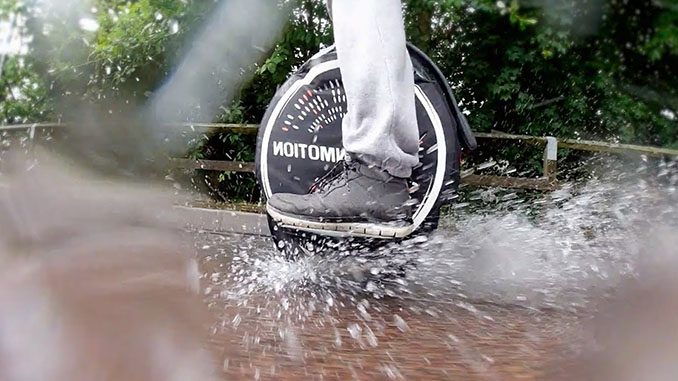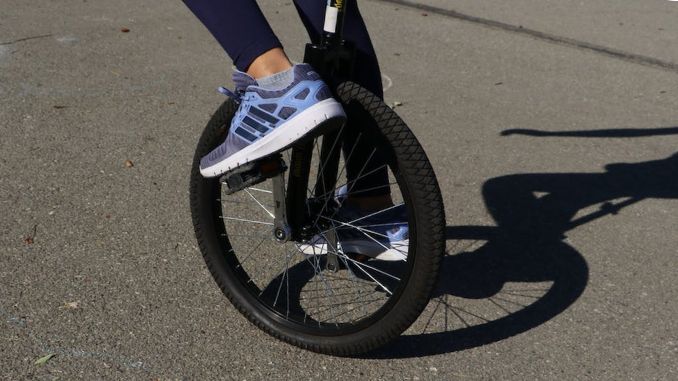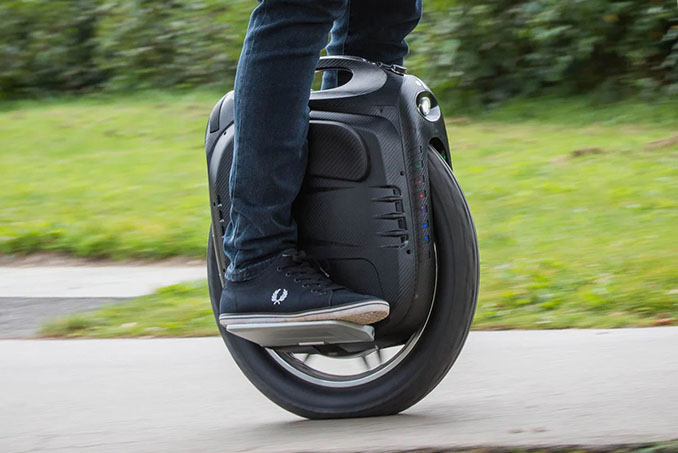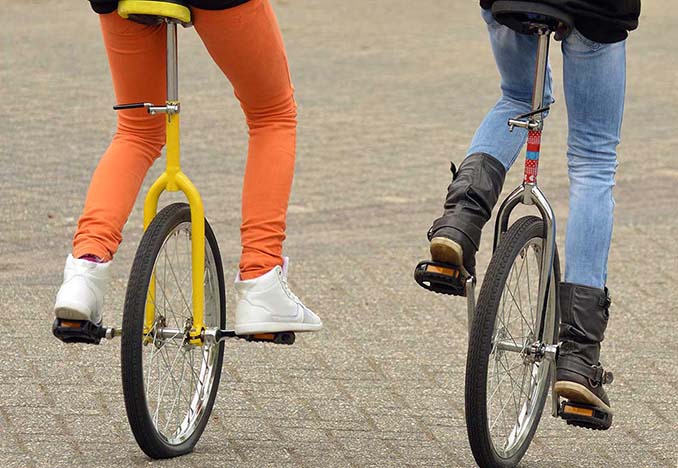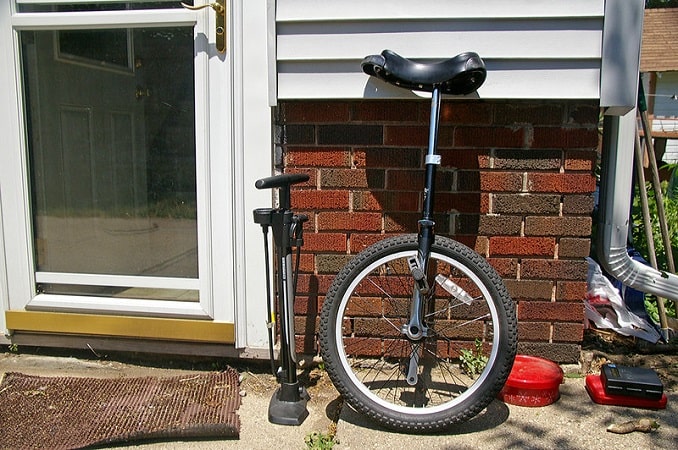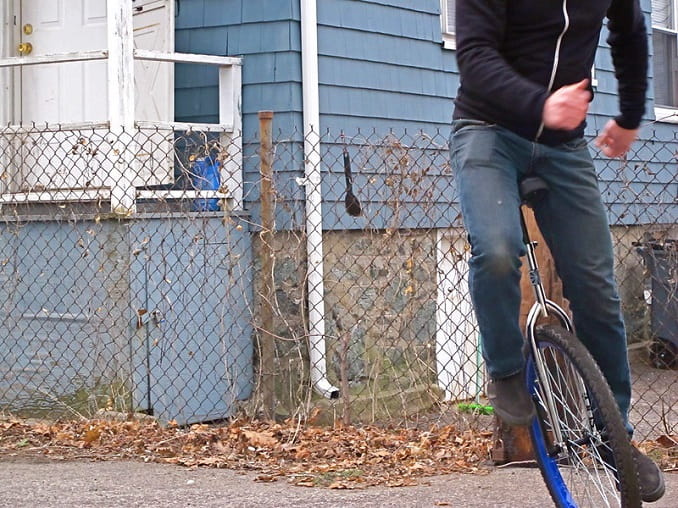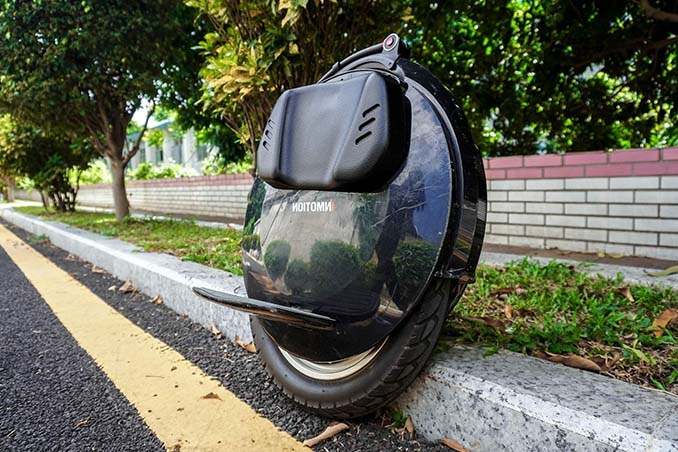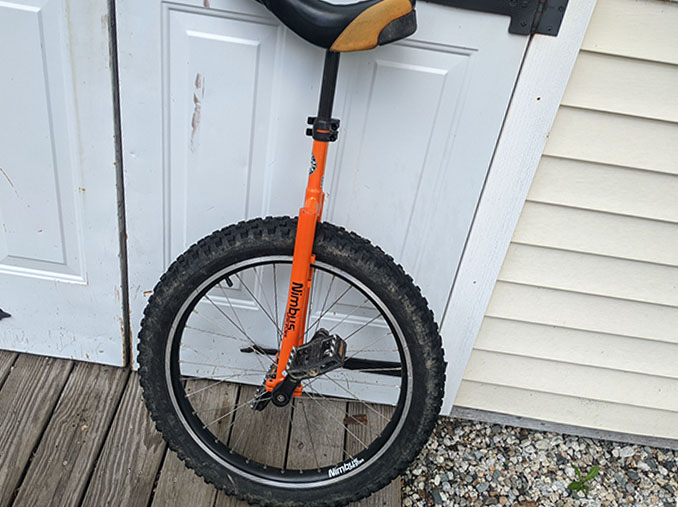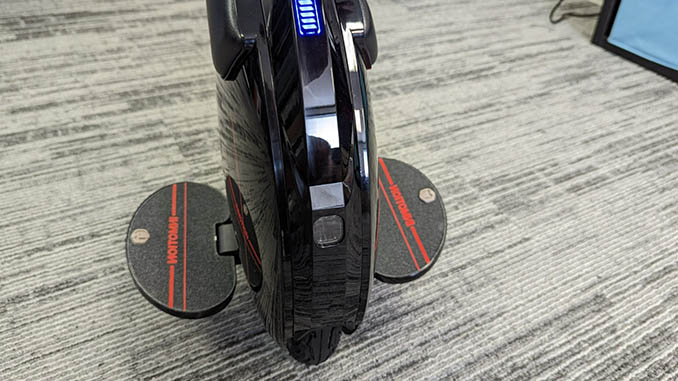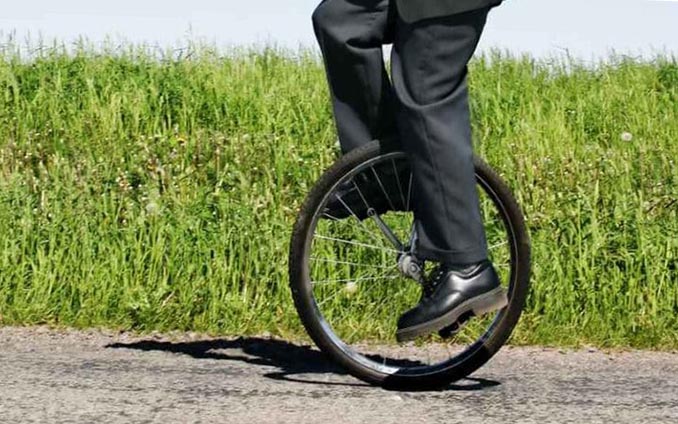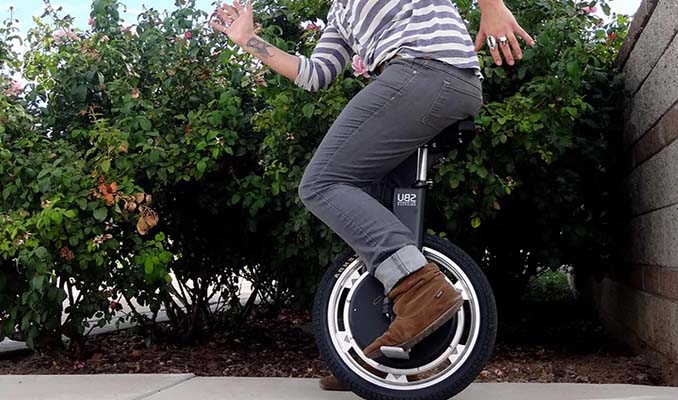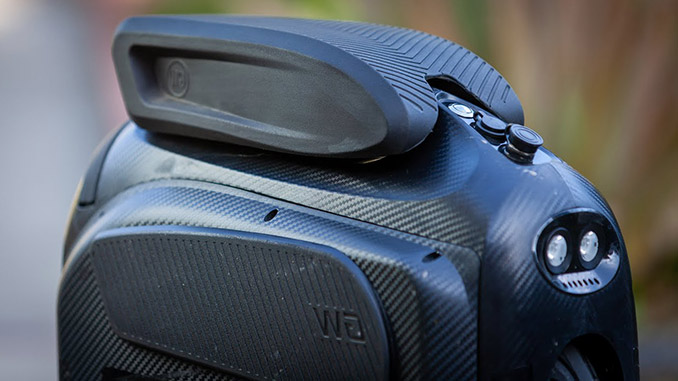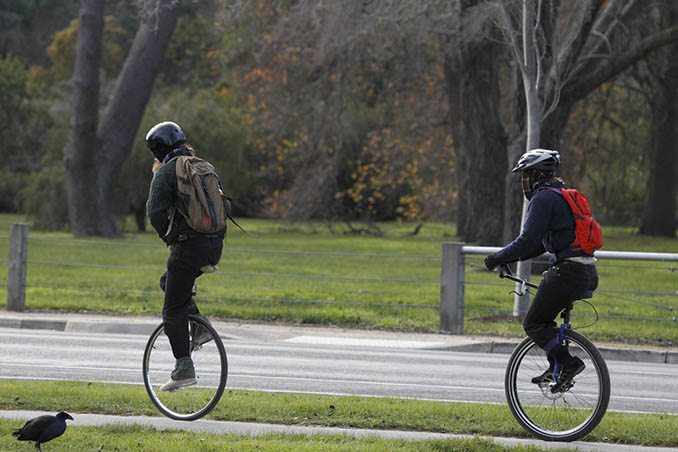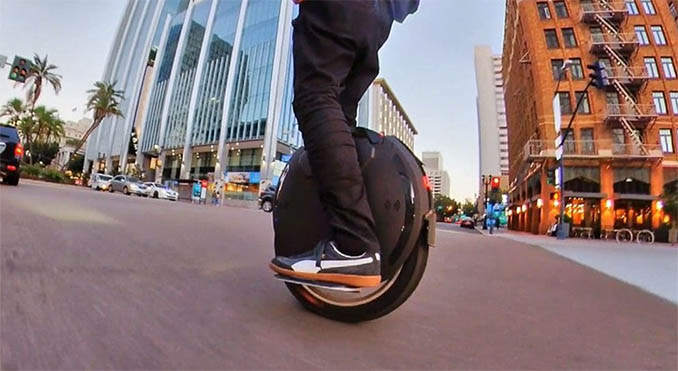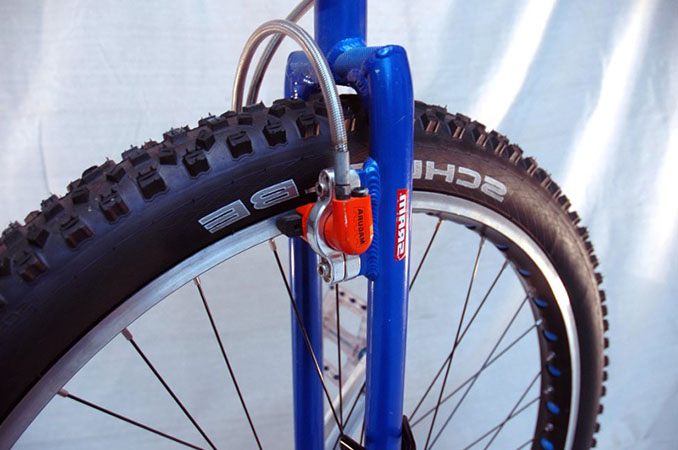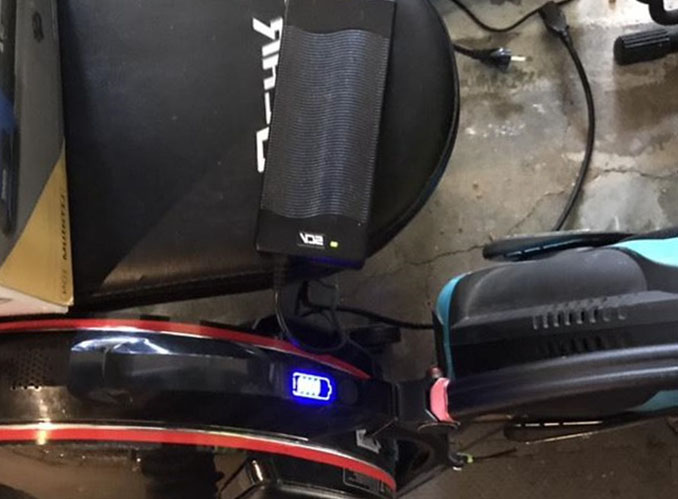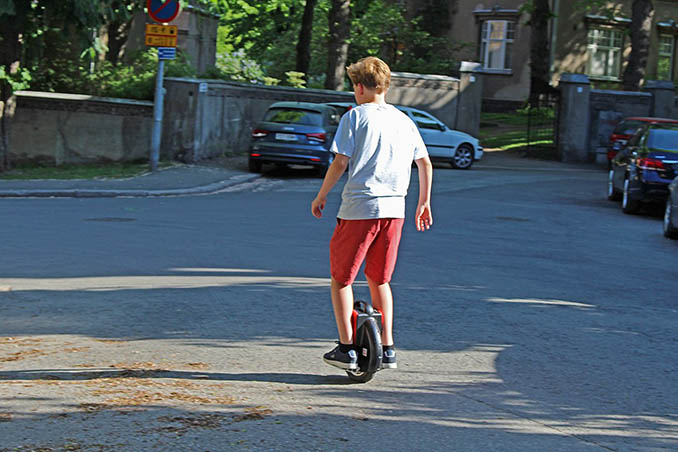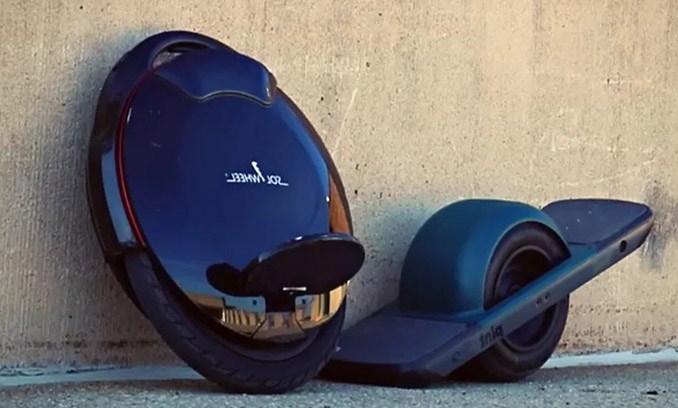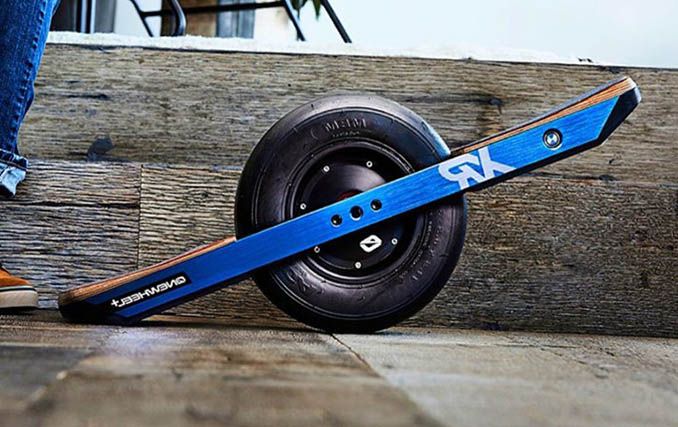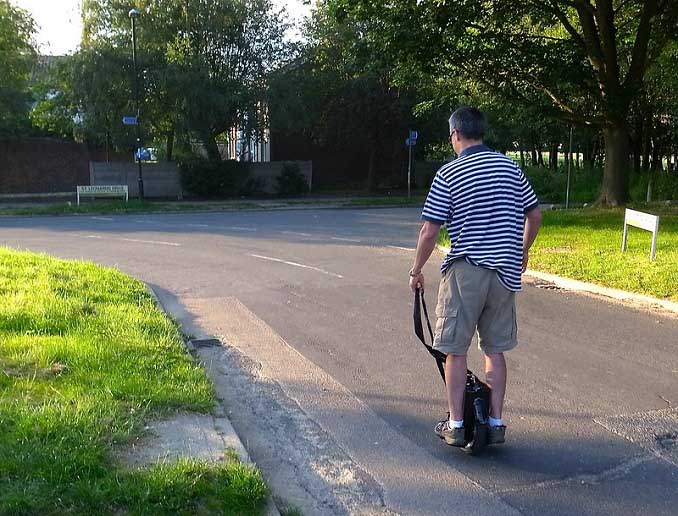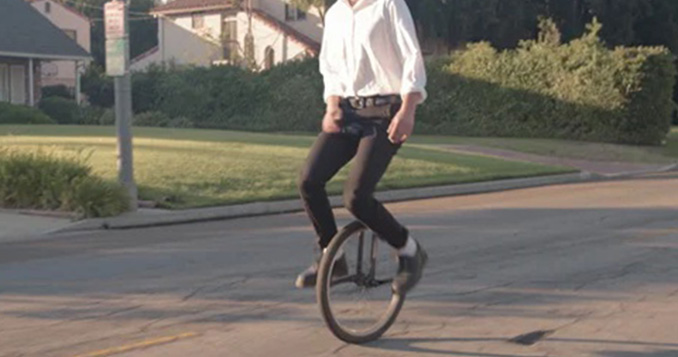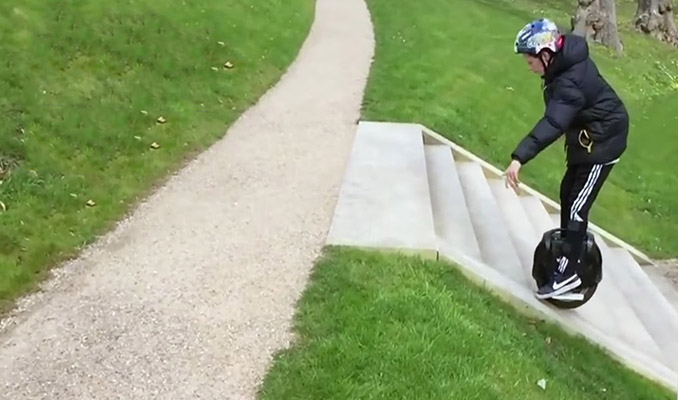Electric unicycles, also called E-unicycles or EUCs, are a fantastic option if you’re searching for an impressive new mode of transportation.
This private transport is becoming more and more well-liked. Are you interested in riding this vehicle?
Before selecting the ideal one for you, it’s critical to understand how they operate and what to consider.
Among considerations, it’s advisable to learn about their battery system. You may wonder: When should I charge my EUC?
This article will discuss this topic and show you the exact answer. Let’s scroll down to discover in detail!
Related:
When Should I Charge My Electric Unicycle?
It will depend on how often you ride your EUC. Generally, your vehicle may require replenishing the battery once or twice a week.
Modern electric unicycles typically feature batteries with enough power to last a week’s worth of everyday commutes.
Therefore, if you don’t plan to travel out of your city, it’s better to recharge your vehicle’s battery once or twice weekly.
Before replenishing the battery, you should let it run down entirely after every charge cycle to prevent rapid cell deterioration.
It’s advisable to recharge the batteries to between 10 and 80% of their capacity if you want to keep them in good condition for an extended length of time.

When to charge EUC
Looking for Top7 Electric Unicycles that can support Heavy Riders with top-of-the-line batteries? Let’s discover the models with the best batteries on the market, ensuring longer rides and less downtime for charging.
What Is The Best Time To Charge An EV At Home?
The ideal time to charge your electric vehicle (EV) at home is at night. That’s because you can benefit from a cheaper off-peak electricity rate at the end of the day.
Depending on your region and the kind of meter in your home, off-peak hours will change.
Between 11:00 p.m. and 7:00 a.m. every day, known as off-peak, electricity use reaches its minimum. It might range from 50% to 1/3 of what electricity costs daily.
As a novice rider, you may wonder: Should I charge my electric unicycle every night?
The short answer is no! This practice can reduce the battery’s longevity if you constantly charge your EUC every night.
If you don’t regularly commute a long distance, it’s not necessary to charge your vehicle every night.
As you know, electric unicycles run on a Lithium-ion battery. These batteries deteriorate over time with frequent discharging and charging cycles.
You should reduce the charging cycle number to slow down the deterioration of Lithium-ion battery capacity.
Besides, another frequently asked question other newbie riders may wonder: Should I charge my EUC after every ride?
The answer is no! You don’t have to charge your vehicle after every ride or every day. Contrary to popular belief, it’s a good idea to keep the battery of your EUC between 30% – 80% instead of 100%.

The best time for charging EUCs
Should I Charge My EUC Up To 100%? Does Frequent Charging Affect Battery Life?
The short answer is no! According to the research by a team from the University of Michigan, it’s not a good idea to always charge 100%.
According to the study, users should limit the length of time batteries are at 0% or 100% charge.
That’s because an extremely low or high state of charge may generate stress for the battery and reduce its longevity.
The good news is E-unicycles feature a battery management system to prevent excessive charging or discharging.
Moreover, some models may be more protective. Most electric vehicles boast a mechanism to shut off when their batteries reach the fixed state of charge.
Sometimes, you may want to charge your EUC at the maximum range, but this practice shouldn’t occur very often every night.
Generally, keep the battery’s state of charge in your electric vehicles between 30% and 80% of its maximum capacity.
Additionally, remember to unplug once your EUC is fully charged. Once completely replenished, the additional charge will result in metallic lithium being played into the battery’s anode.
When those metallic lithium batteries build up over time, it will obstruct the lithium-ion flow and, subsequently, electrons, reducing the battery’s capacity.

Battery capacity
Is It Better To Charge EUC Slow Or Fast?
It’s advisable to use a slow charger for your EUC because it can protect and maintain the battery in good condition and shape.
Moreover, charging your E-unicycle with a slow charger can ensure your riding experience for extended periods.
If you opt for fast chargers, the battery may eventually decrease its duration and power over time.
Slow charging is safer since it protects the battery from fragmentation and charges it more smoothly.
So, you should use fast charging when it is necessary for your electric vehicle.
If you need some fast chargers for your electric unicycles lithium-ion battery, watch this video to get some recommendations:

Use a slow charger
Share Tips: How Do I Increase EUC Lithium Battery Life?
Here are helpful tips to extend the shelf life of your E-unicycle:
- Extreme temperatures are bad for lithium-ion batteries, so keep them away from them at all times, especially when they are charging.
- Don’t charge your EUC over 80% or discharge below 20%.
- Consider a partial charge to restore the lithium-ion batteries to 80% rather than 100%.
- Unplug immediately once your EUC reaches the maximum range.
- Avoid fast discharging your vehicle, as this practice can degrade the battery’s longevity.
- It’s best to use a certified standard charger to protect the health and condition of the battery.
- If you intend to store your EUC for a long time, ensure to discharge its battery to around 40%.
- Avoid storing your E-unicycle in places with high humidity.

Tips for extending battery’s lifespan
Wrapping Up
This article has eventually reached the bottom of your headache question: When should I charge my EUC?
The final verdict is charging your vehicle whenever you need it. You can replenish it once to twice weekly, depending on your usage frequency.
Moreover, consider the charging time. It should be at night since you can benefit from a lower off-peak rate.
We have also recommended practical tips to increase the lifespan of the battery. Hopefully, this post will be helpful for you.
If you have further questions, please comment below. Thanks for reading!



